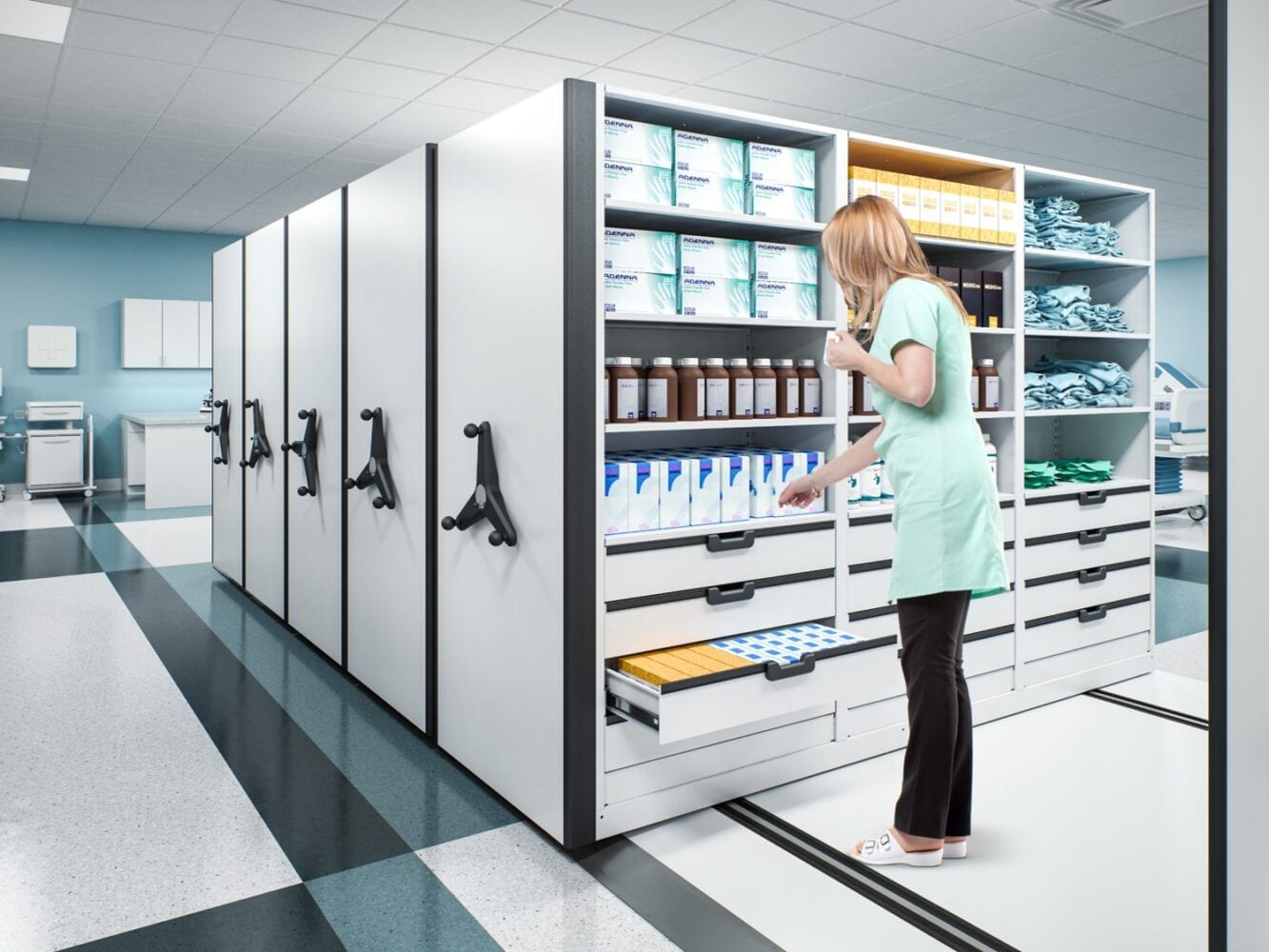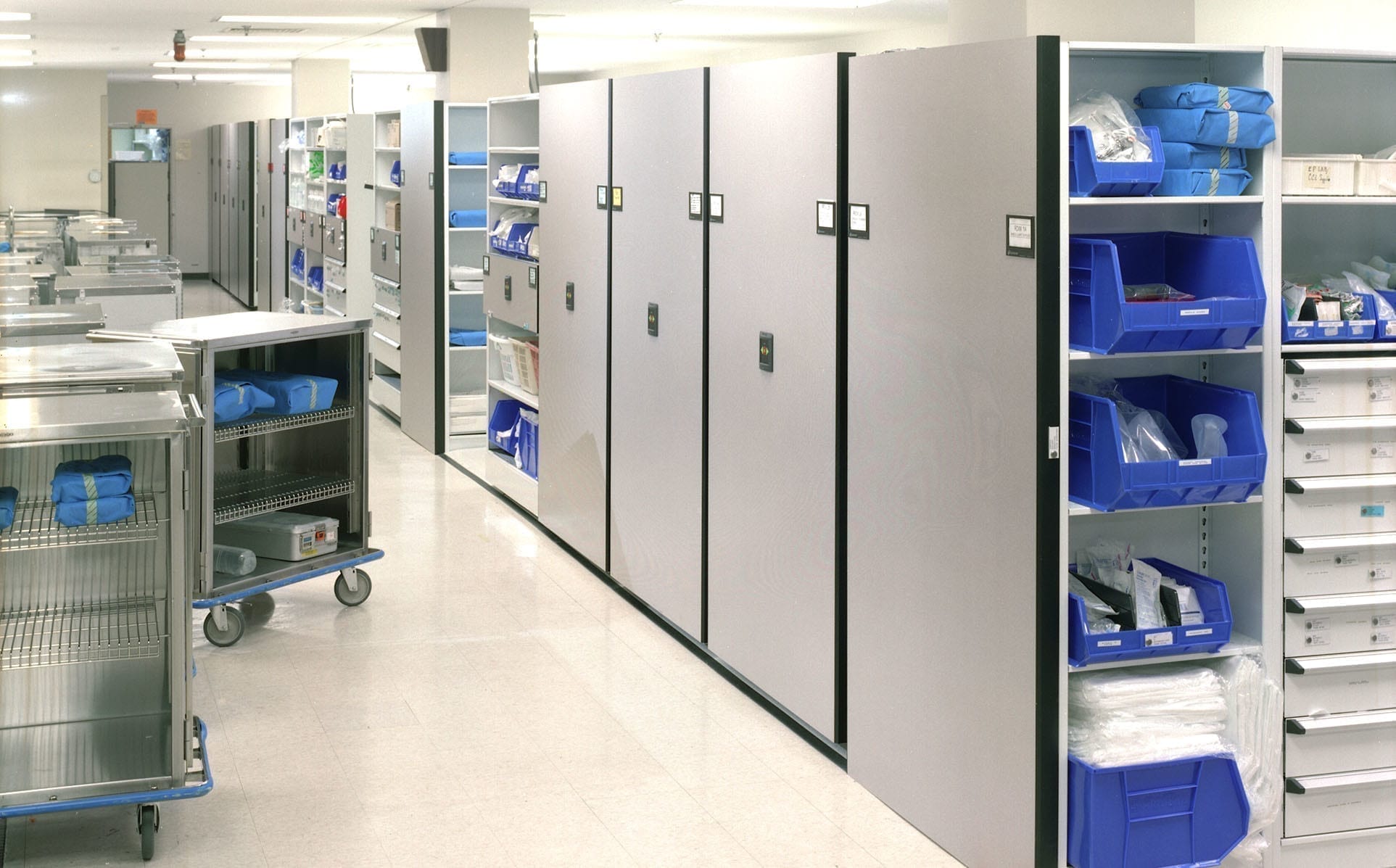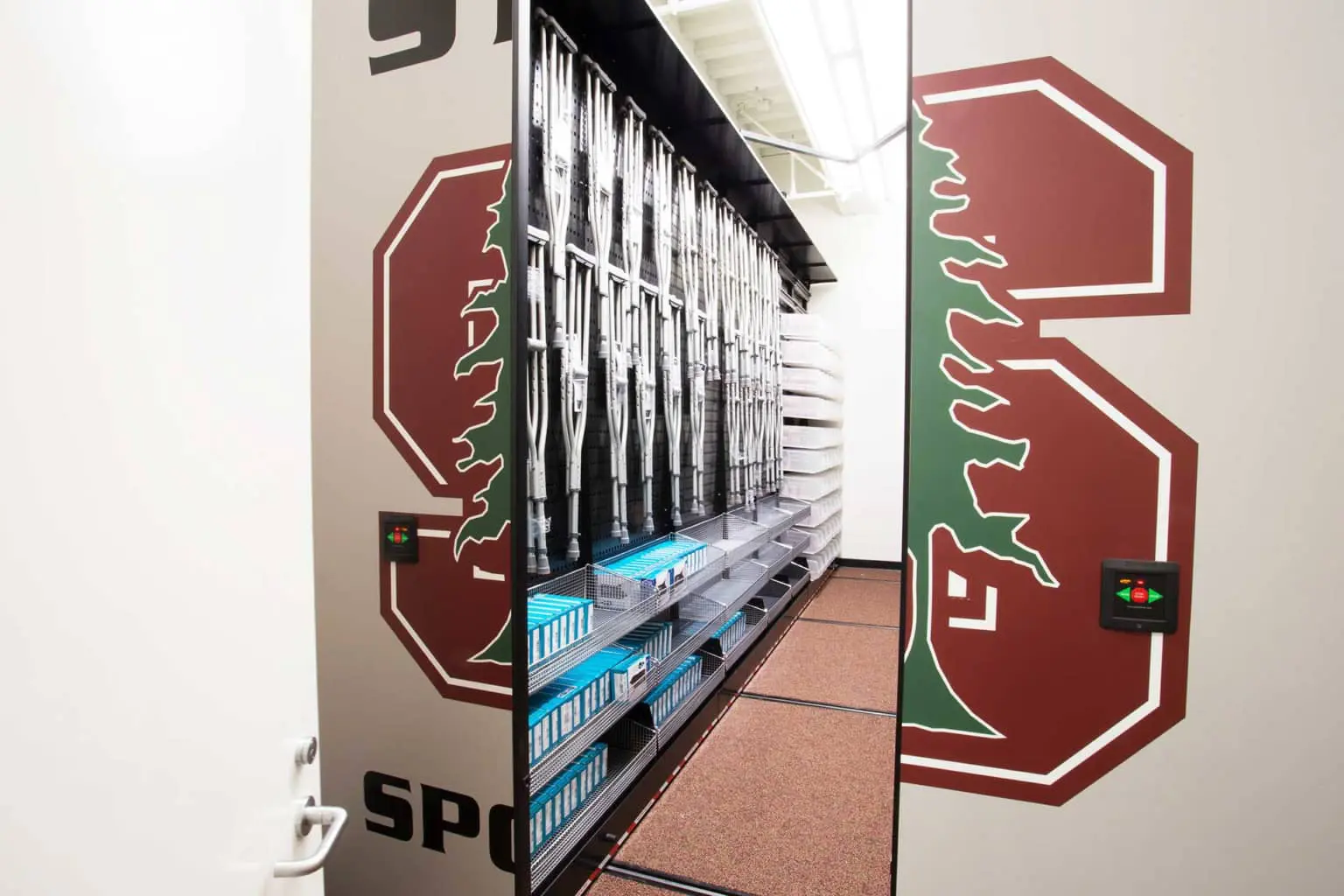
Healthcare is an ever-evolving field, marked by constant advancements in medical treatments, patient care, and technology. While it’s easy to focus on breakthroughs in medical science, an equally critical aspect of healthcare is often overlooked—storage. Efficient and innovative healthcare storage solutions are essential to ensuring that medical supplies, equipment, and patient records are readily accessible, secure, and well-organized. This article explores the future of healthcare storage and examines five emerging healthcare storage trends that promise to transform the way healthcare materials are managed and stored.
1. Smart Storage Solutions
The integration of smart technology into healthcare storage is one of the most exciting developments on the horizon. Smart storage solutions leverage sensors, RFID technology, and automation to monitor and manage inventory in real-time. These systems can track usage patterns, send alerts for restocking, and even adjust shelving configurations to accommodate changing storage needs. By reducing manual labor and human error, smart storage not only enhances efficiency but also lowers operational costs.
2. Data-Driven Analytics
Data analytics is becoming increasingly prevalent in healthcare storage. With the power of data, healthcare facilities can make informed decisions about inventory levels, storage space optimization, and resource allocation. Predictive analytics can forecast materials usage, ensuring that supplies are always available when needed. Furthermore, data-driven insights help in compliance monitoring, cost reduction, and overall improvement of materials management processes.
3. Innovative Materials and Shelving
The materials used in healthcare storage are evolving to meet the unique demands of the industry. Antimicrobial and antibacterial materials are gaining prominence to reduce the risk of contamination. Modular shelving systems are becoming more adaptable and customizable, allowing healthcare facilities to efficiently store a wide range of equipment, from small medical devices to bulky machinery.
4. Sterile Storage Solutions
Maintaining sterility is paramount in healthcare settings, especially in surgical and critical care environments. Sterile storage solutions are emerging as a trend to address this concern. These systems provide controlled environments with a focus on cleanliness and aseptic storage conditions. They are designed to reduce the risk of contamination, ensuring that surgical instruments and supplies remain sterile until they are needed.
5. Sustainability in Storage
Sustainability is a global concern, and healthcare storage is no exception. Forward-thinking healthcare facilities are incorporating eco-friendly practices into their materials management. This includes the use of recycled and sustainable materials in storage solutions, as well as energy-efficient systems. Sustainability not only reduces the carbon footprint of healthcare storage but can also lead to cost savings in the long run.
FAQ (Frequently Asked Questions)
Q1: What are smart storage solutions in healthcare?
Smart storage solutions incorporate sensors, RFID technology, and automation to monitor and manage inventory in real-time. They can track usage patterns, send restocking alerts, and optimize storage configurations, enhancing efficiency and reducing costs.
Q2: How does data-driven analytics benefit healthcare storage?
Data-driven analytics provide insights into inventory levels, usage patterns, and resource allocation. It helps healthcare facilities make informed decisions, forecast materials usage, and improve materials management processes.
Q3: What are some examples of innovative materials used in healthcare storage?
Innovative materials include antimicrobial and antibacterial options to reduce contamination risk. Modular shelving systems are also gaining popularity for their adaptability and customization.
Q4: How do sterile storage solutions contribute to healthcare storage?
Sterile storage solutions provide controlled environments that prioritize cleanliness and aseptic storage conditions. They help reduce the risk of contamination, ensuring that surgical instruments and supplies remain sterile.
Q5: Why is sustainability important in healthcare storage?
Sustainability in healthcare storage reduces the carbon footprint and can lead to cost savings. It incorporates eco-friendly practices, such as using recycled materials and energy-efficient systems, to promote environmental responsibility.



